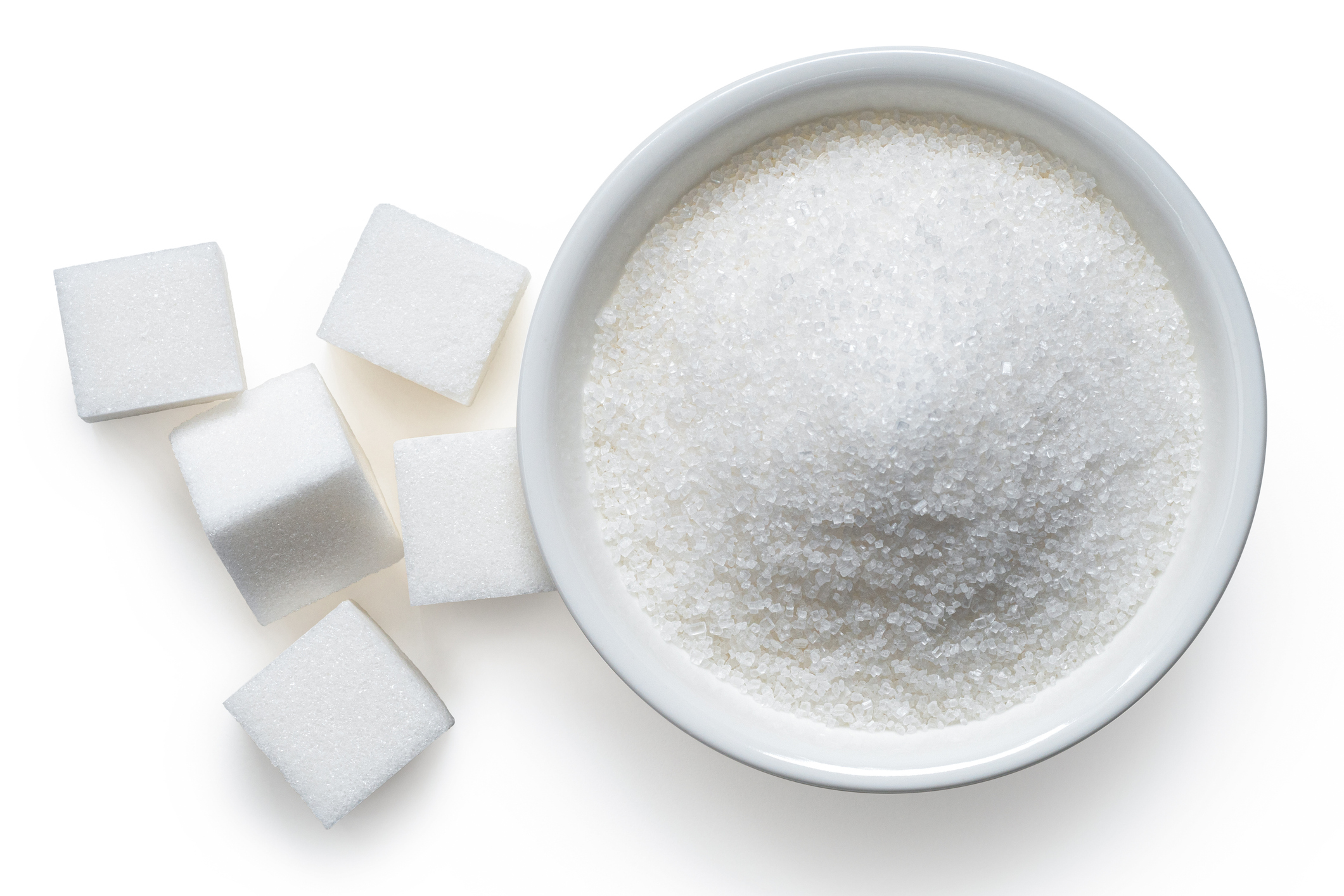Most of us can remember our parents yelling “No more candy for you — it’ll ruin your teeth!” or “You may not have more soda tonight — it will destroy your smile!” We grew up believing that sugar crystals were acting like little sledge hammers and slowly, methodically chipping away at the enamel of our teeth, which would ultimately result in cavities with pain, and a trip to the dentist. Is this the truth? Honestly, the answer is both “yes”and “no.”
How sugar causes tooth decay
Our parents were correct. However, our understanding of how sugar affects our teeth has expanded. Sugar in its granulated form is not the real tooth decay culprit. Tooth decay is, in fact, the result of the breakdown of the sugar by the digestive acids in our mouth and the resulting bacteria that form additional acids that break down the enamel on our teeth. This is especially true of refined sugars, which are found in candy, juices, soda, ice cream and other packaged snacks.
The progress of tooth decay
If left unchecked, tooth decay can progress from erosion of the exterior tooth enamel to the infiltration of the dentin, the area that lies just below the enamel surface of the tooth) and into the pulp, which is where the nerves and root lie below the gum line. Once decay has reached the pulp area, the threat of an abscess developing is a real possibility. This would result in pain and potential tooth loss. The effect of sugar on teeth is a slow, progressive process. Decay typically occurs anywhere from five months to up to five years.
How to lessen sugar’s impact on your teeth
While eating more natural, unrefined sugar, such as that found in dried fruits, citrus fruits, fresh juice, and honey, etc., in moderation will produce a slower effect on tooth decay, these foods will still result in significant tooth decay if oral hygiene is not made a priority. Many people are unaware that simple changes can be made to your diet to help your teeth stay healthy and white. Include more fresh fruits and vegetables, nuts and high fiber foods to your daily intake. Increasing your water consumption will help to flush out bacteria around your teeth and promote healthier teeth and gums.
The goal is to keep sugar levels as low as possible in your mouth and to keep tooth decay from rearing its destructive and ugly head. If you are worried about the ways sugar has impacted your teeth, contact a dental professional today.


